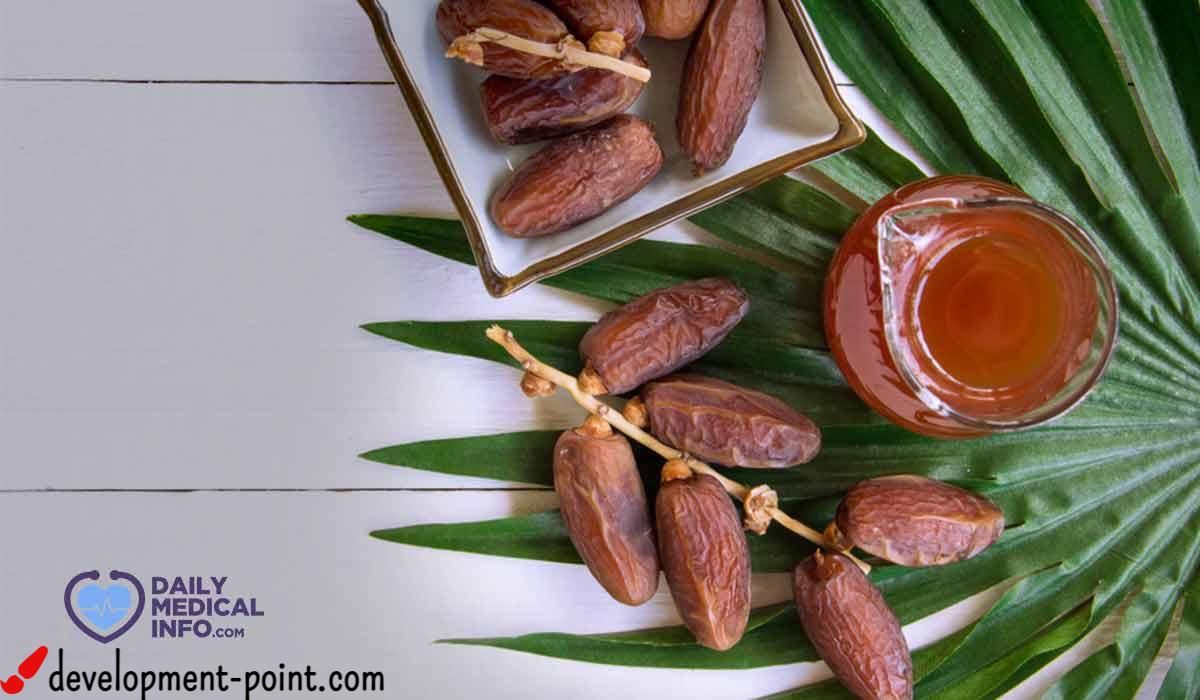Maple syrup: is it good or bad?
Maple syrup or maple syrup is one of the best natural alternatives to refined sugar when consumed in moderation. So learn about the most important benefits of maple syrup and what are its potential harms.
Maple syrup
Maple syrup is one of the most common natural sweeteners in the world, especially in North America. As it is considered a natural and unrefined product, it is produced by boiling the sap collected from maple trees. This is unlike refined sugar, which undergoes a lengthy process in order to condense it into crystalline sugar.
What distinguishes natural sweeteners, including maple syrup, is that they contain higher levels of nutrients, antioxidants, and enzymes that are beneficial to the body, when compared to white table sugar, or high-fructose corn syrup.
Nutritional value
Each spoonful of pure maple syrup (approximately 20 g) contains the following:
- Carbohydrates: 13 g
- Potassium: 41 mg
- Calcium: 13 mg
- Magnesium: 2.8 mg
- Zinc: 0.8 mg
- Iron: 0.2 mg
As for the calories in maple syrup, each tablespoon (about 20 g) contains approximately 52 calories.
Benefits of maple syrup
The benefits of maple syrup can be reaped when consumed in moderate amounts. Among its most important health benefits:
Rich source of antioxidants
Maple syrup contains about 24 types of antioxidants. This is what distinguishes this natural drink from other sweetening alternatives, which contain a small percentage of antioxidants such as refined sugar and corn syrup.
The darker the grade B maple syrup, the more antioxidants it contains than the diluted syrup. Among the types of antioxidants in it are the following:
- flavanols
- benzoic acid
- Cinnamic acid
- Gallic acid
Boosting the functioning of the immune system
Although maple syrup contains a high percentage of sucrose sugar, it also contains many minerals, vitamins, and amino acids.
Where Maple syrup contains zinc, manganese, calcium, and potassium, which may help maintain the level of white blood cells, regulate blood sugar levels, and enhance the functioning of the immune system and brain and nerve functions.
Diabetes prevention
Some studies indicated that maple syrup may have a lower glycemic index than sucrose, which may help prevent type 2 diabetes. But you should keep in mind that it is important to consume small amounts of natural sugar substitutes in general to avoid any potential health problems, while avoiding refined sugar in particular.
Prevention of infections
Adding maple syrup to a healthy diet can help prevent many diseases such as arthritis, gastritis, and heart disease.
Where natural products that contain plant compounds such as phenols can help reduce oxidative stress, thus protecting the brain and nerves.
Promote skin health
The use of maple syrup topically on the skin helps to reduce inflammation and dry skin. It is also possible to benefit from the addition of maple syrup in order to prepare a mask to moisturize the skin. This is done by adding it to raw milk, rolled oats, and raw honey, and applying this natural mixture to the face in order to moisturize, reduce inflammation and skin blemishes.
Maple syrup substitute
High consumption of refined sugar may lead to digestive problems such as leaky gut syndrome and irritable bowel syndrome.
According to some studies that compared the total content of antioxidants in the types of natural sweeteners, it was proven that natural sugar substitutes contain a higher percentage of antioxidants compared to other types of sweeteners. Among the natural alternatives are:
- Maple syrup
- raw honey
- brown sugar
- Black molasses
So if you are using refined sugar products or artificial sweeteners, it is best to replace them with maple syrup or raw honey. This is to avoid many health problems such as weight gain, depression, short-term memory loss, and learning difficulties.
One of the benefits of maple syrup is that it contains phenolic compounds, which are compounds found in a variety of plant foods such as nuts, berries, and whole grains. It is of great benefit in helping to prevent the risk of chronic diseases such as heart disease, diabetes, and cancer.
But if you are looking for the best alternative to maple syrup, then it is better for you to use raw honey, due to the fact that raw honey contains more nutrients and antioxidants. This helps prevent infections and relieve allergies naturally.
Honey is also a natural antibacterial, thus preventing and treating many types of infections. One of the most famous types of raw honey with therapeutic properties is Manuka honey.
Maple syrup side effects
High in sugar
Consuming maple syrup is safe, but despite its health benefits, and the fact that it contains many antioxidants and minerals, it must be consumed carefully and in small quantities, given that it contains a high percentage of sugar.
Its side effects for diabetics
Although maple syrup raises blood sugar more slowly than table sugar, diabetics may suffer from fluctuations in insulin levels, so a doctor should be consulted before using it by diabetics.
tooth decay
Different types of sugar help stimulate tooth decay, especially when it is highly concentrated, as bacteria feed on sugar in the mouth and multiply, and the more sugar a person consumes, the greater the risk of developing dental cavities.
In addition, you should avoid adding it to your daily diet, in order to prevent the harms of overconsumption, and rely on whole foods that contain a high percentage of nutrients such as vegetables and fruits.

